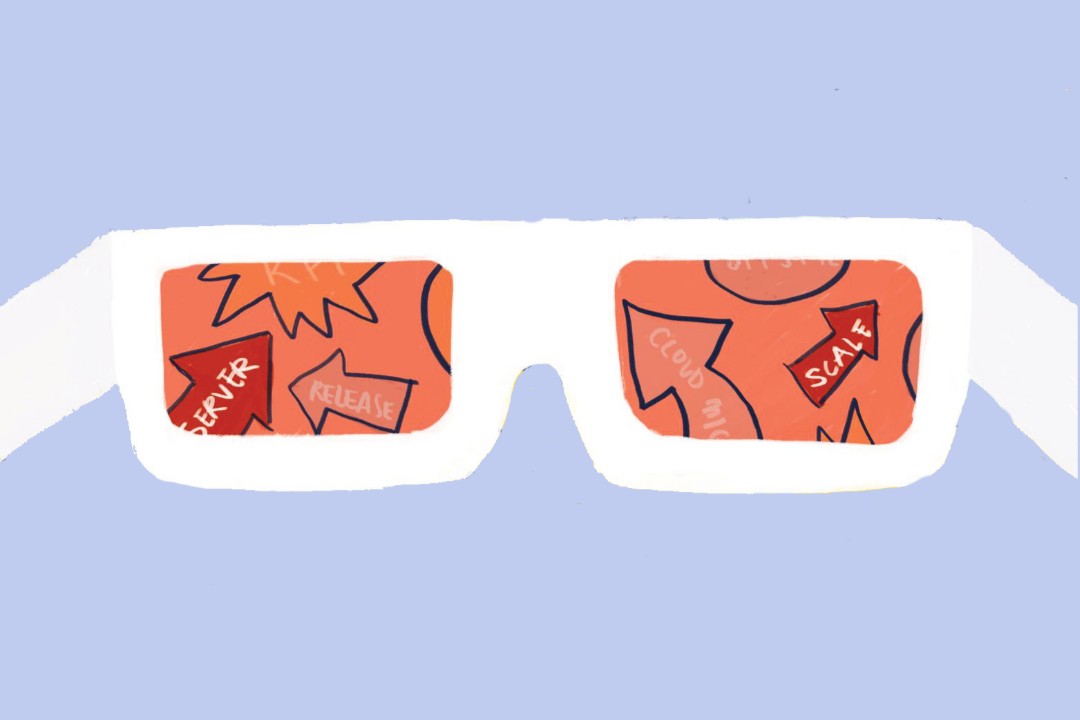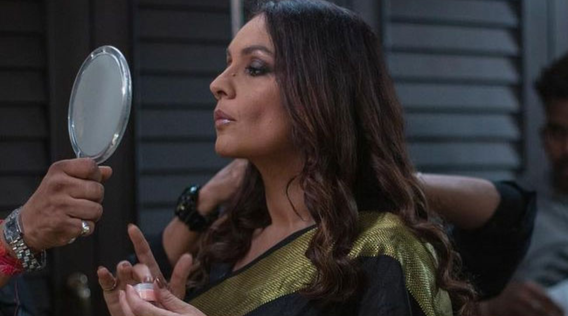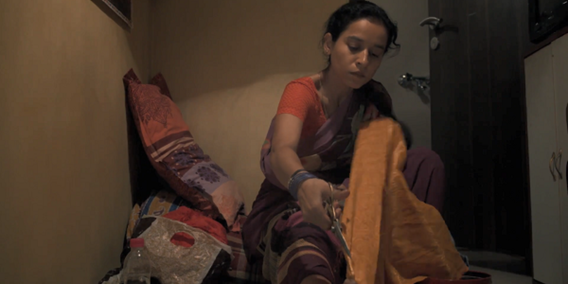When I see how polarised the world is right now, I always wonder – how did we reach these opposite sides so quickly and so passionately? Why are we so ready to give in to violence over an idea that was not ours in the first place? From ridiculous arguments on the internet to full-fledged wars that threaten millions of lives, how did we even get here?
According to political scientist Lilliana Mason, our brains are wired to work this way. It doesn’t take much for our brains to switch over to an ‘us’ vs. ‘them’ mindset – research suggests that it only takes a couple of seconds! But it still makes you think, right?
If we’re switching over to this scenario, it’s because of something that really gets on our nerves! It turns out ‘triggering’ that anger (and bias) is not as difficult as we would like to believe.
In the 1970s, Tajfel conducted experiments to understand the baseline of prejudice – what’s the smallest thing that could potentially create a strong bias in our minds? He told participants that they had been randomly assigned as members of ‘Group 40’ and ‘Group 15’, and (unsurprisingly) they still held an unfounded bias against the other group without any other prior information given to them!
Psychologist David McRaney explains this through the metaphors of “tribal badges”, an evolutionary theory which proposes that our survival depends on our ability to stay in our species group – recognizing our own groups and letting them know we belong to them by having the same behaviours, symbols or “tribal badges”.
In the modern world, we find this sense of belonging by sharing memes, retweeting tweets and reposting Instagram posts. Another example is when people are wired to change their social media displays pictures to a colour (or a flag) to support a cause – can it possibly help the cause in question? Nope. Does it let others know that you’re showing support and thereby taking a stand? Yes.
Our brains are wired to want to belong, feel special and display that belonging to the world. Social media has fanned this fire by creating feeds that show us exactly what we believe in and more importantly, exponentially increasing such spaces where we can display these “tribal badges” (for lack of a better word). But we forget how ancient this system was – it's impulsive, emotional and all-consuming because it was a matter of life and death millions of years ago.
Yes, political and social issues continue to be issues of life and death for people today, but the unnecessary violence that politicians can incite don’t have to be. While passion is needed to fuel social change (more so because of the way social media is designed), we have to learn to temper it ourselves. One must fact check!
Even if it means that you have to verify the things you 100% agree with. We all have biases and more often than not they’re baseless, so it’s important that we check them too. Our brains may be wired to divide the world, but the silver lining to the cloud here is that they’ve evolved to regulate emotions and make better decisions!







